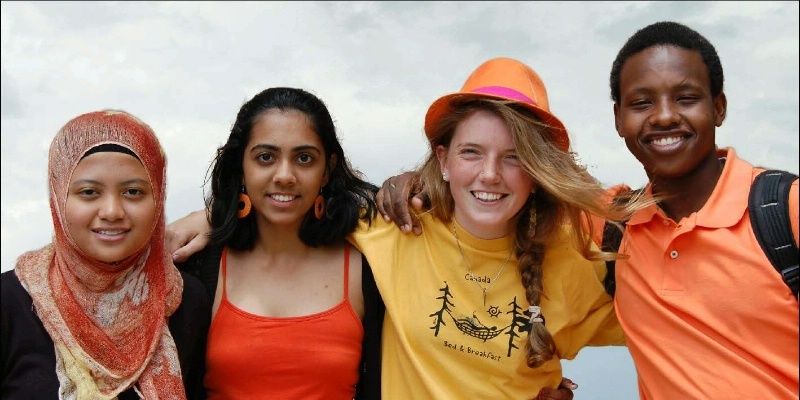Third culture kids don’t like each other. Or let’s rephrase that: based on a decade’s worth of experience working in an international work environment, there are some who think their peers give third culture kids a bad name.
A demographic on the rise
So what exactly is a third culture kid? Coined by sociologists in the 1950s, it was used to describe the children of diplomats and army personnel who moved from country to country each time their parents were restationed. Today, they are just as likely to be the children of academics, specialists or even footballers.
Typically, they attend international schools, which cater to their transitory lifestyles by following the same curriculum and using a common language. As countries like Denmark continue to compete for specialists, the number of third culture kids is ever growing.
Challenging the notion of citizenship
But what do we know about third culture kids? While some might be the child of two people of the same nationality and pretty much adopt that nationality despite never living there, others might have parents of different nationalities along with an affiliation to a third country.
Seeking questions to what makes third culture kids tick are a group of digital media and design students at the IT University of Copenhagen, who are conducting a study that seeks to challenge the question of citizenship, asking the question: ‘What defines who you are and where you are from?’
Calling all Copenhagen children!
The four female students are “desperately” seeking children based in Copenhagen who have experienced studying abroad. They need to be aged 7-15 and be able to attend three one-hour workshops over the next three months. The first is taking place before the end of the month.
The kids will play an active role in a co-design process that promises a solution that will ultimately benefit third culture kids.
Collaborating to co-design a concept
“We’ve been assigned to find and establish contact with a user group and engage them in co-designing a concept, application or other kind of solution,” explained Kristina Fabrin Jakobsen to CPH POST.
“What exactly is something we intend on specifying during our co-design process. The whole point is to design for the end-user through collaborating with the end-user.”
To get your children involved, visit the ITU Co-Design Project: Children of the World Facebook page and contact Jakobsen at krja@itu.dk.














